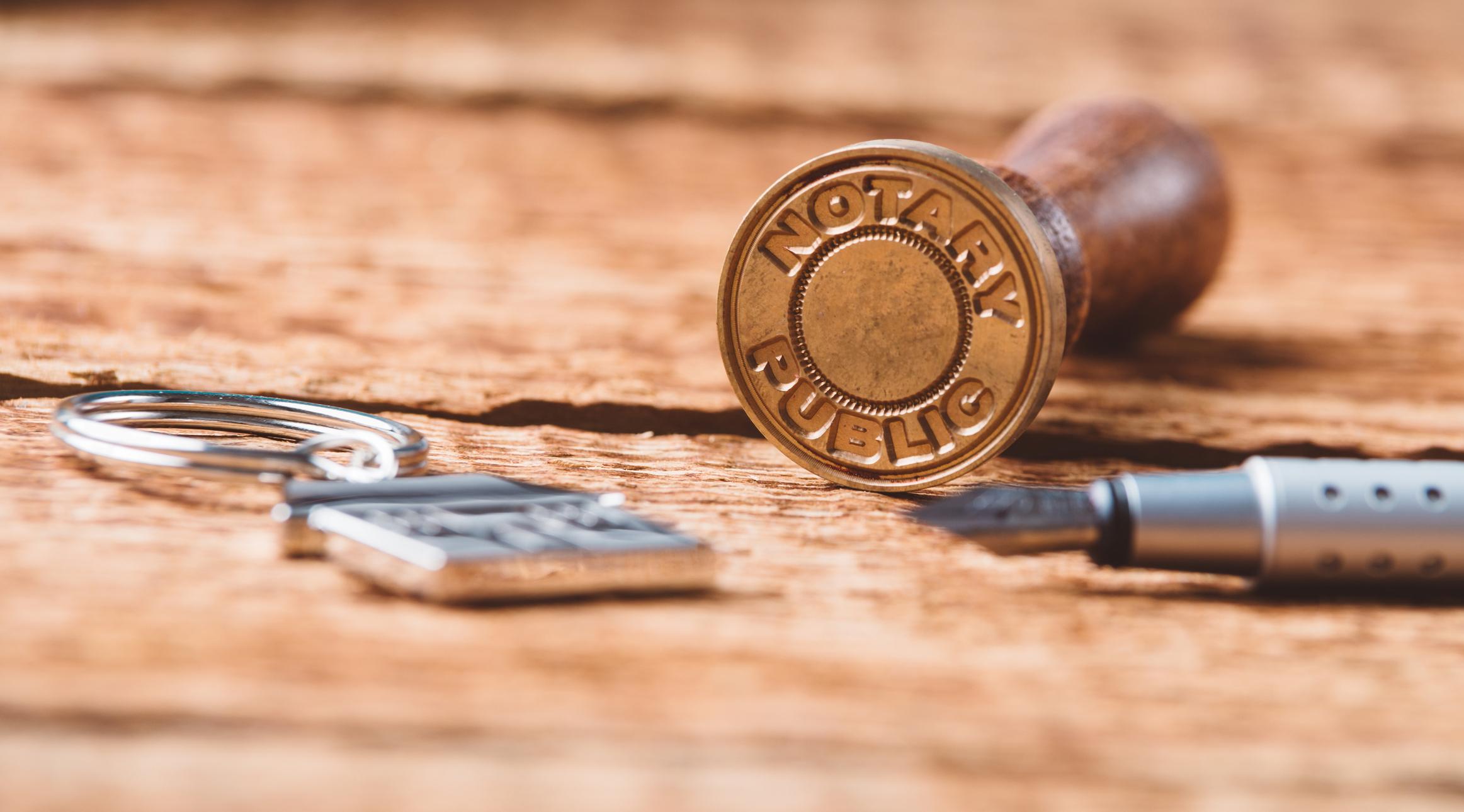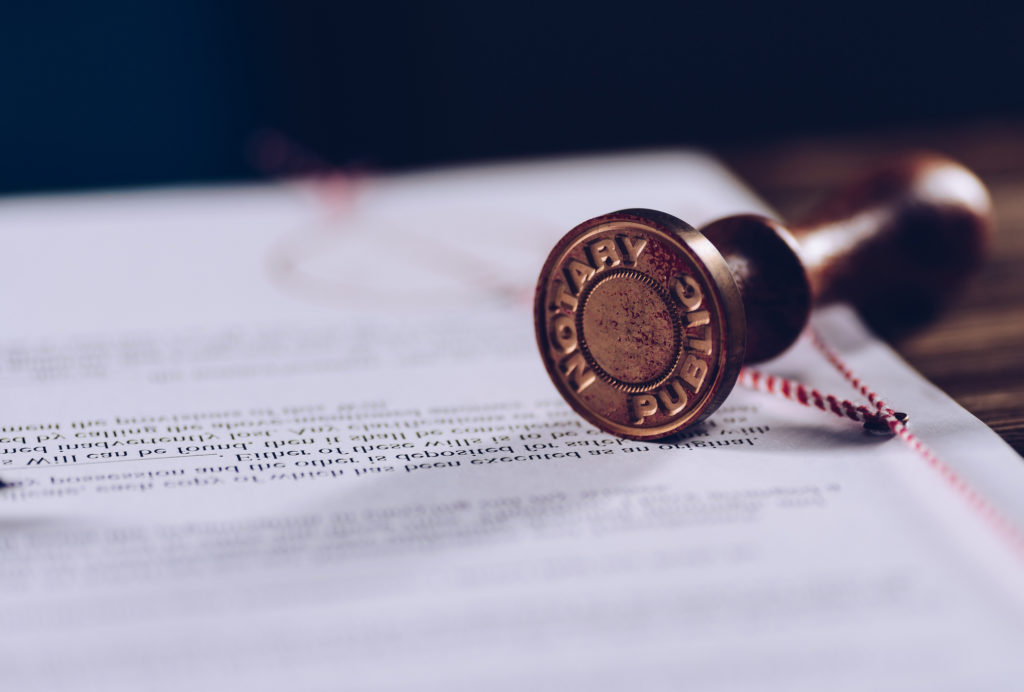Debunking Notarial Job: Simplifying the Duty and Significance of Notaries
Their duty, typically shrouded in enigma for several, brings considerable weight in ensuring the legitimacy and integrity of crucial files. By unwinding the complexities bordering notarial practices and shedding light on the relevance of their acts, a more clear understanding emerges of the vital duty notaries play in maintaining the material of lawful and contractual arrangements.
The Background of Notarial Work
The history of notarial job days back to old worlds, where scribes played an important function in taping important info and authenticating documents. This led to the growth of notaries, individuals appointed by the state to act as objective witnesses in lawful matters.
Throughout the Middle Ages, notaries acquired prestige in Europe, with their features expanding to include preparing lawful documents, accrediting trademarks, and preserving documents. The rise of worldwide trade further highlighted the importance of notarial operate in confirming contracts and arrangements throughout boundaries.
In the modern age, notaries continue to play an essential role in lawful and service purchases by validating identifications, confirming the authenticity of files, and protecting against fraud. Their function in accrediting the credibility of contracts includes a layer of protection and depend the ever-evolving landscape of business and regulation.

Responsibilities and Responsibilities of Notaries
Notaries play a crucial role in validating the authenticity of records and the identity of notaries. One of their primary duties is to witness the signing of crucial documents, such as wills, deeds, and contracts, to guarantee that all events are entering right into contracts purposefully and willingly.
They license duplicates of original documents, supplying assurance to establishments that the copies are true reproductions of the originals. Overall, the obligations and duties of notaries are important in protecting the integrity and legality of numerous records and deals - Conveyancer.
Notarial Certificates and Signatures
Exhibiting precise attention to information, notarial certifications and trademarks serve as important parts in validating the credibility of lawful documents. Notarial certificates generally contain critical details such as the day of notarization, the names of the signatories, a description of the file, and the notary's official seal. These certifications offer a clear record of the notarial act, making certain that the file can be conveniently determined and mapped back to the notary who supervised the procedure.
Signatures play a critical duty in notarial work, as they signify the agreement and consent of the celebrations involved. Notaries carefully witness the finalizing of files to validate the identity of the signatures and verify that they are signing of their own free choice. By fastening their official seal and signature to the file, notaries certify that the necessary treatments have been followed which the file is enforceable and valid.
In significance, notarial certificates and trademarks are the hallmark of credibility in lawful deals, providing assurance to all parties entailed that the files are legit and binding.
Relevance of Notarial Acts

Registration Refine Clarified
Discussing the notarization process offers clearness on the crucial steps associated with confirming legal papers. The notarization procedure commonly begins with the specific presenting the file to a notary public. The notary after that verifies the signer's identity through appropriate recognition methods. When the identity is confirmed, the notary makes sure that the individual signing the document does so voluntarily and with no coercion.

Conclusion

Notarial certificates typically address include essential information such as the day of notarization, the names of the signatures, a summary of the file, and the notary's official seal. These certifications provide a clear record of the notarial act, ensuring that the record can be conveniently recognized and traced back to the notary that supervised my sources the process.
By attaching their main seal and trademark to the record, notaries accredit that the necessary procedures have actually been complied with and that the paper is legitimate and enforceable.
By validating the identity of the signatories, validating their readiness to get in into the contract, and certifying the day and area of the signing, notaries play a crucial function in maintaining the legitimacy of lawful papers.After the file is signed, the notary will fasten their main seal or stamp onto the paper.